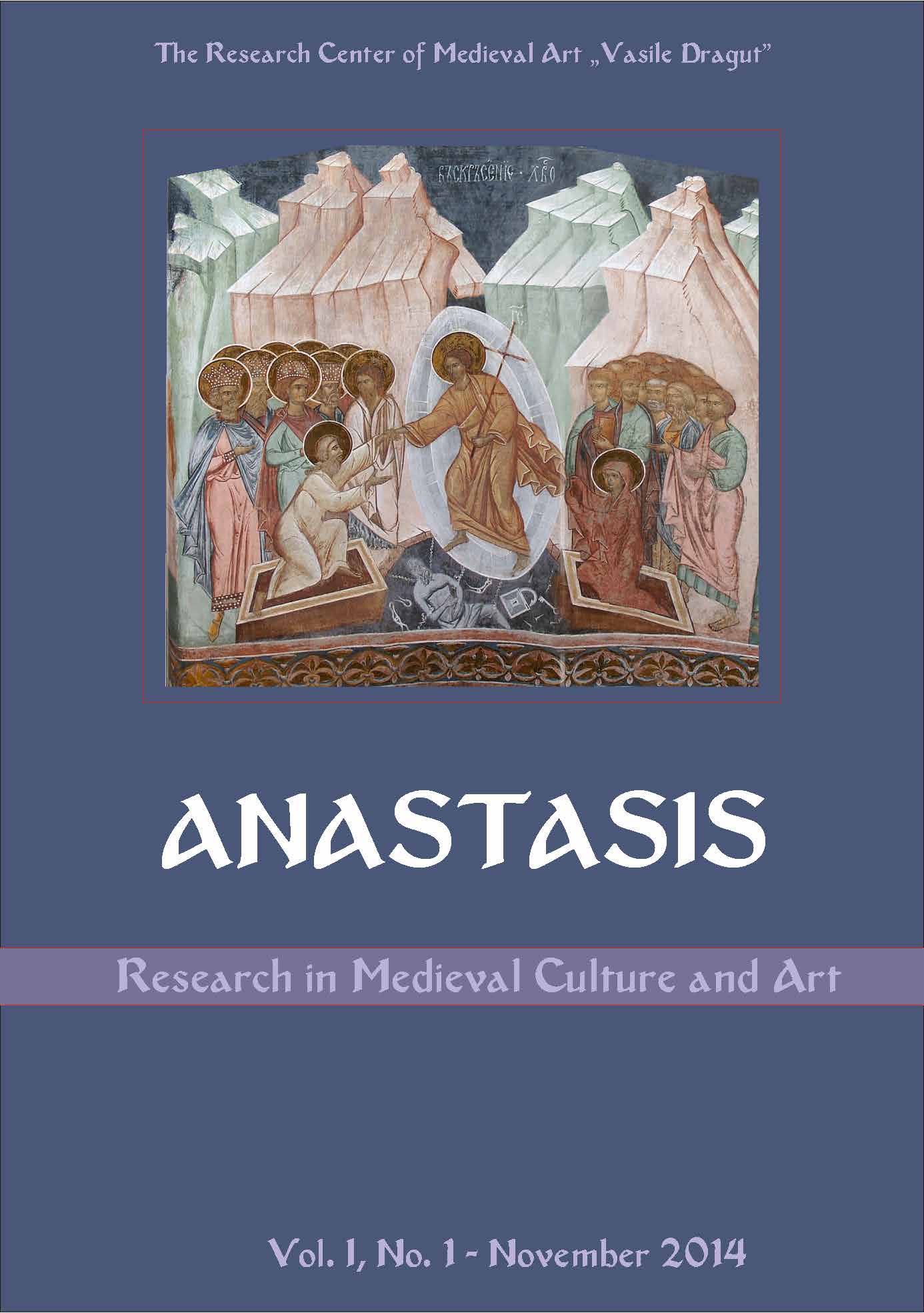Émotions littéraires médiévales : une approche émotionologique
Medieval Literary Emotions: an Emotionological Approach
Author(s): Brînduşa GrigoriuSubject(s): Studies of Literature, Middle Ages, French Literature, Theory of Literature
Published by: Editura ARTES
Keywords: French Literature; The Sequence of Saint Eulalia; Emotionology; Feeling rules; Emotive acts; Emotional communities.
Summary/Abstract: Literary emotions can be an interesting field of research for historians and hermeneutists. Our study focuses on the possibility of investigating the most ancient text of French literature, La Cantilène de sainte Eulalie, with the instruments provided by the new paradigm of emotionology, which aims at exploring « the attitudes or standards that a society, or a definable group within a society, maintains toward basic emotions and their appropriate expression », as Peter N. and Carol Z. Stearns put it in their ambitious study of 1985. Although this epistemological branch is well represented in the English-speaking world, the approach has been but rarely practiced in the literary critique of French works. What we attempt to do in this paper is to test the explicative and descriptive power of such conceptual tools as “emotional styles”, “feeling rules”, “emotives” and “emotional communities” in the reading and interpretation of the narrative data provided by the 29 lines of the paraliturgical poem in Old French. The characters in the story can be relatively well individualized, like Eulalia and Maximian, or collectively relevant, like the pagan community that strives to convert the young virgin to idolatry. The most fascinating puzzle, in terms of emotionology, is provided by the God character, whose behavior is far from being simple or even cohesive : at first a witness to the scene of torture, He seems to get (emotionally?) involved in a rescue mission, in order to keep Eulalia safe from the fire; this pyretic immunity is a strong emotive act, meant to enrage the king, who then decides to use the sword against her. At this point, this first French literary God (so to say) seems to be “moved” by the prayer of his Christian servant, whom He allows to die beheaded. Of course, Eulalia’s soul sets an example of happy blessed ending, and rises to the sky in the shape of a white dove. But the question remains : is God’s emotional profile, in this paraliturgical, proto-literary work, permeable to fresh emotions, ready to change the divine plans under the “spur” of the moment, or is there a different framework for the representation of the affective conduct of this particular character? If love is said to shape the profile of the Christian God, how can an emotional disorder fit in this exemplary piece of narrative? Is it a higher form of emotional (already literary) order?
Journal: Anastasis Research in Medieval Culture and Art
- Issue Year: I/2014
- Issue No: 1
- Page Range: 35-51
- Page Count: 17
- Language: French

